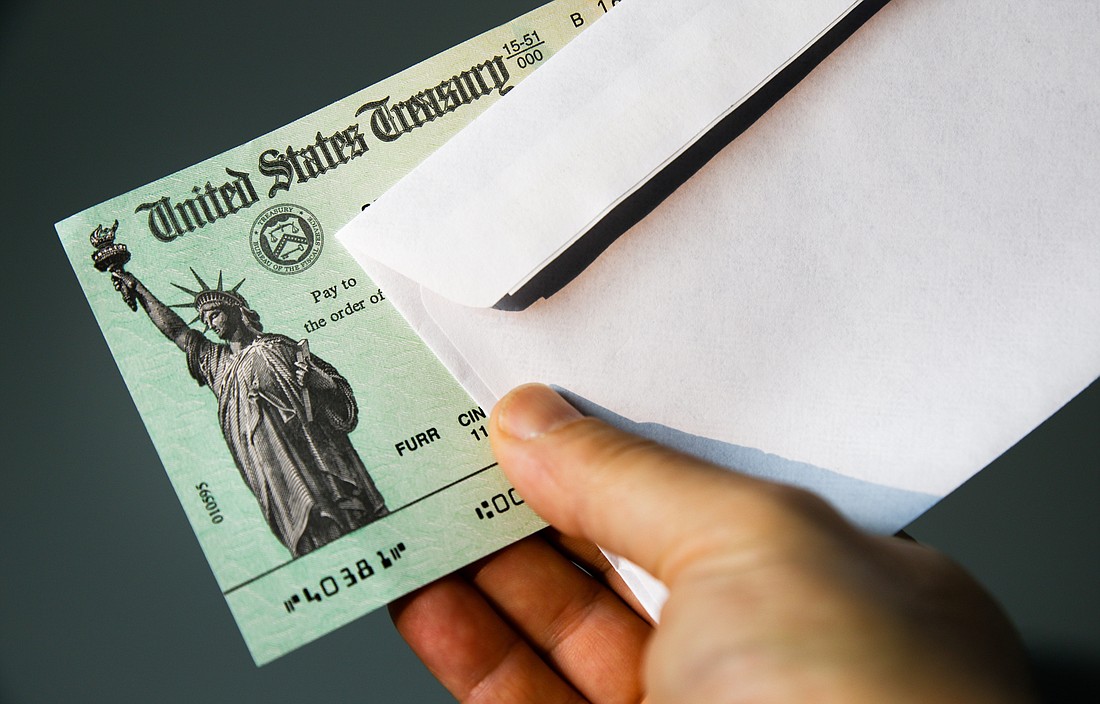- January 17, 2025
-
-
Loading

Loading

also by: Tom Urban
A Leon County circuit judge Wednesday, Aug. 24. waded into a lawsuit about whether Gov. Ron DeSantis’ administration violated state law when it cut off federal unemployment money in June for tens of thousands of jobless Floridians.
Judge Layne Smith heard testimony from plaintiffs who said the decision to stop the $300 a week in federal benefits has caused them to struggle to pay for housing and other expenses. As part of COVID-19 assistance, the federal government made the money available on top of the state’s maximum $275-a-week unemployment payments.
The DeSantis administration stopped the additional federal benefits June 26, saying it was trying to spur people to return to the workforce.
The lawsuit contends that the payments should have continued until Sept. 6, as authorized by Congress, and that jobless people should receive retroactive payments to June 26. The money stems from a federal stimulus law known commonly as the CARES Act.
Attorneys for the plaintiffs say the DeSantis administration violated a state law that directs the Florida Department of Economic Opportunity to cooperate with the U.S. Department of Labor and to take actions “through the adoption of appropriate rules, administrative methods and standards necessary to secure for the state all advantages available under the provisions of federal law relating to reemployment (unemployment) assistance.”
“The governor and DEO (the Department of Economic Opportunity) have zero discretion in terms of whether they should accept the .. money or not,” said Marie Mattox, an attorney for the plaintiffs.
But Daniel Nordby, an attorney for the DeSantis administration, disputed that the state was required to provide the additional benefits.
“Quite simply, Florida law doesn’t require participation in the CARES Act programs that were enacted by Congress,” Nordby said. “Neither federal law or Florida law requires participation.”
Smith, who is considering a request from the plaintiffs for a temporary injunction, repeatedly said he would not consider the policy issues involved in stopping the federal payments. He said he needs to focus on the details of state and federal laws.
“Bottom line, it’s a statutory construction case,” Smith said.
The judge said he likely will issue a ruling Friday. But he added that he expects his decision to be appealed.
Plaintiffs who testified Wednesday described economic hardships during the pandemic that were worsened by the state cutting off the $300 a week in federal payments.
For example, Harriett Rubin, a 68-year-old Broward County resident who has been unemployed since early in the pandemic, said she has had a tax lien placed on her home because she could not pay property taxes.
“To worry about your housing or if your air conditioning is going to be on and work, and can I get some food in the house. This little bit of money helps,” Rubin said.
Will Currie, chief financial officer for the Department of Economic Opportunity, testified that the state in spring 2020 began providing the additional federal benefits --- known as Federal Pandemic Unemployment Compensation, or FPUC, benefits --- to offer support as the pandemic caused major economic problems and a spike in unemployment.
But the state decided to stop the benefits this summer as it saw available jobs going unfilled. Many businesses have argued in recent months that they cannot find enough workers.
“The idea was to remove the additional weekly benefit which was believed to be
incentivizing people not to return to work,” Currie said.
But Mattox said people who need the additional money are not “freeloaders” who don’t want to be employed.
“DeSantis decided to cut off these benefits because he said it was deterring folks from going back to work,” Mattox said. “That is simply not borne out by the research.”